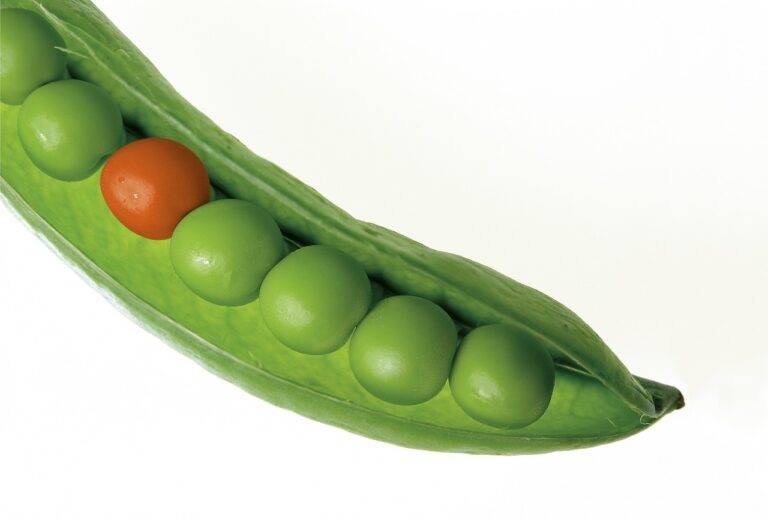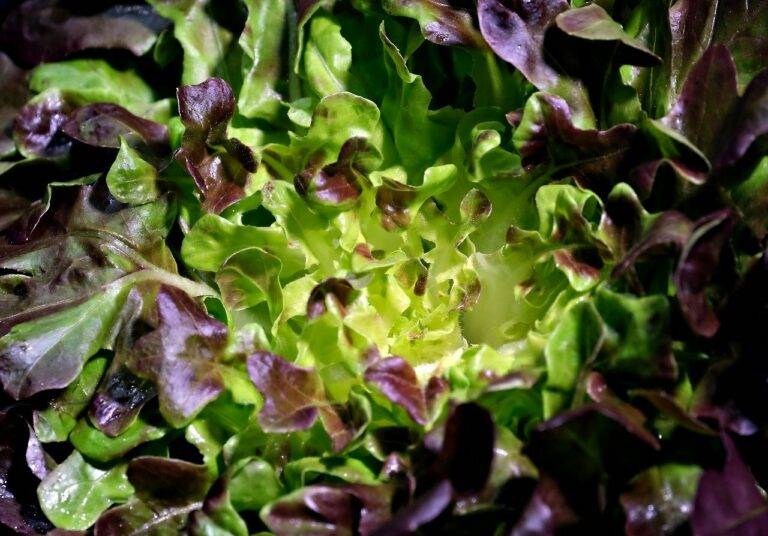The Impact of Climate Change on Food Security: Challenges and Solutions.
Climate change is significantly affecting agriculture worldwide. The rising temperatures and changing weather patterns are leading to shifts in growing seasons, disruptions in water availability, and increased pest and disease pressure on crops.
Farmers are facing new challenges as a result of these changes, requiring them to adapt their practices and technologies to ensure food security. Additionally, the unpredictability of weather patterns makes it harder for farmers to plan and manage their crops effectively, ultimately impacting crop yields and the overall food supply.
Impact of Extreme Weather Events on Crop Yields
Extreme weather events such as droughts, floods, and heatwaves have a significant impact on crop yields, posing a great challenge to agricultural productivity and food security worldwide. Droughts can result in water stress for crops, leading to stunted growth and reduced yields. In contrast, floods can cause soil erosion, waterlogging, and nutrient loss, all of which have negative repercussions on crop production.
Heatwaves can also be detrimental to crops by disrupting their physiological processes and decreasing photosynthesis efficiency. High temperatures can lead to premature flowering, reduced pollen viability, and increased susceptibility to pests and diseases. These extreme weather events not only affect the quantity of crops produced but also impact the quality, affecting overall food supply and pricing in the market.
How does climate change affect agriculture?
Climate change can lead to shifts in temperature and precipitation patterns, which can impact crop growth and yields. Extreme weather events like droughts, floods, and heatwaves can also damage crops and reduce productivity.
What are some examples of extreme weather events that can impact crop yields?
Examples of extreme weather events that can impact crop yields include hurricanes, tornadoes, wildfires, hailstorms, and heavy rainfall. These events can cause physical damage to crops, soil erosion, and waterlogging, among other issues.
How do extreme weather events affect different types of crops?
Different types of crops can be affected in different ways by extreme weather events. For example, droughts can severely impact water-intensive crops like rice and corn, while excessive rainfall can lead to flooding and waterlogged conditions for crops like soybeans and wheat.
What can farmers do to mitigate the impact of extreme weather events on crop yields?
Farmers can implement various strategies to mitigate the impact of extreme weather events on crop yields, such as using drought-resistant crop varieties, improving soil health and water management practices, and investing in irrigation systems and other technologies.
How can policymakers and governments help support farmers in adapting to climate change and extreme weather events?
Policymakers and governments can support farmers in adapting to climate change and extreme weather events by providing financial incentives for sustainable farming practices, investing in research and technology development, and implementing policies to reduce greenhouse gas emissions and mitigate climate change.





